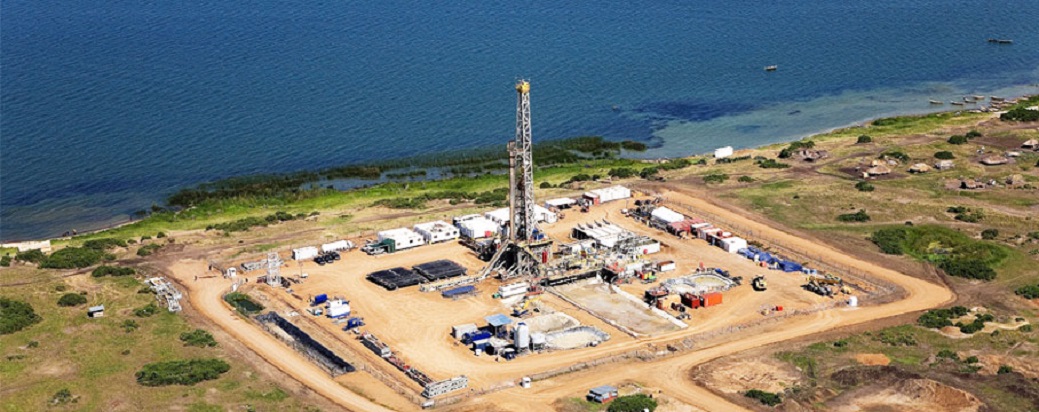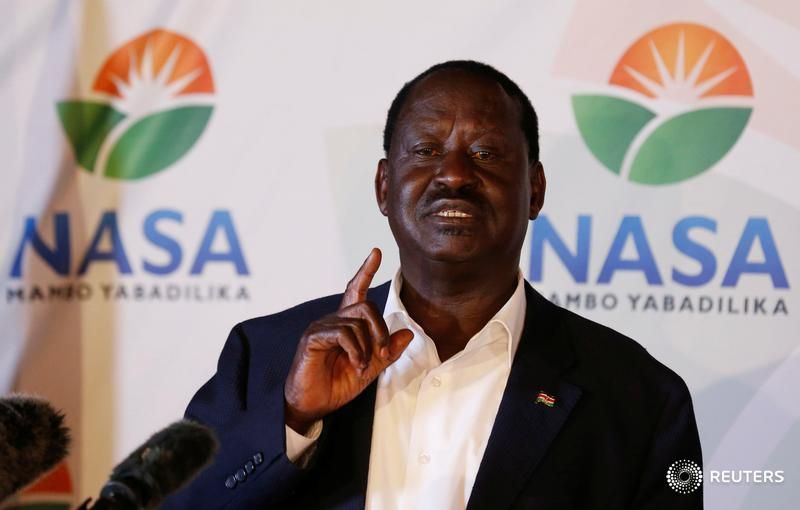TotalEnergies has assured the country that they have no plans of quitting Uganda’s oil and gas industry, for as long as the country needs them.
This comes amidst a growing campaign by civil society groups in and outside the country, who were recently joined by the European Union Parliament in condemning the East African Crude Oil Pipeline, EACOP.
They claim human rights violations, no or inadequate compensation, destruction of the environment and high levels of gas emissions, as some of their reasons for de-campaigning the projects.
Asked about what the plans of TotalEnergies in Uganda are in the wake of this pressure, Philippe Groueix, General Manager TotalEnergies said they were here to stay as long as Uganda approves of them.
“We are here, as long as you need this project, we shall be here. It is what I also said in front of His Excellency,” said Groueix at the launch of the company’s sustainability campaign, a new move aimed at countering the anti-fossil fuel crusaders.
He says the success of the industry will depend on everyone’s input and that the investors are ready to continue developing the resources as planned, adding that they are aware of how delicate the environment in the Lake Albert region and along the export pipeline is, but that they are ready for the task.
“We know we are operating in a very sensitive environment, part of the developments in inside Murchison Falls National Park, so we know we have also responsible on biodiversity and we have to show that developing an oil project is compatible with preserving biodiversity,” he added. Groueix made it clear that they also want to make sure that the national park is in a better position than it was a few years ago.
The two-month long campaign will be broadcast on all mainstream information channels around the country and will include the voices of the different implementation partners, project affected people and the communities.
The sustainability campaign is aimed at showcasing the various initiatives that the company has been undertaking to ensure the sustainable development of the resources, in collaboration with the regulators and various partners like state agencies and the civil society.
“Since the start of our operations, we have made the commitment to develop this project in a transparent, socially and environmentally friendly manner in line with the UN Sustainable Development Goals (SDGs), hence the campaign theme “Action for Sustainability,” he said.
Through the campaign, the company will showcase the various initiatives and actions around the themes of Environment and Biodiversity conservation, Social and Human Rights, all of which have been undertaken in close collaboration with relevant Government authorities, communities as well as local and international CSOs and NGOs.
Patricia Litho, the head of communications at the Ministry of Energy and Mineral Development informed the company, complaints about inadequate or unfair compensation arise from the rates given that vary from district to district, especially where such districts neighbour each other. “This causes discontentment among the persons affected by the project who see it as unfair,” she said.
Collins Opio, the Project Manager, Land Acquisition in the Tilenga Project says they usually follow the district rates because different district land boards have different land valuation rates. “And it is not only with different neighbours, but even some people who have properties across the districts raise these concerns. But we use the laws governing the districts,” he said.
He also said no one’s land has been taken over until the owner is compensated.
“Before we start with the acquisition, we make sure all the processes are in place. So we are following the constitution of Uganda, we are also following the IFC (International Finance Corporation) standards, whereby we can’t take anybody’s land without compensating for the land.”
The company also denied that they force people to take cash, saying instead that they are given the options between housing, land or cash, and that most opt for cash.On the safety of the oil pipeline in regard to the environment, Groueix explained that neither the environment and the landscape, nor the human activity like agriculture, will be affected because the infrastructure will be buried.
“After we are going to open a trench, we put the pipeline inside the trench and after we fill back, and after, you don’t see anything. I can tell you in Europe there are thousands of pipelines, there in the fields. People are doing agriculture.
You don’t even know where they (pipelines) are. And this is gonna be the same. There will be nothing to see, there will be no impact. So people will be able to grow their cassava, and you will see nothing in the landscape, no change. So the pipeline, I think has conveyed a lot of mental image that we need to restore,” he said.
The company says that more than 80 percent have already got their complete compensation and resettlement, while many have been supported to get alternative livelihoods.The campaign of about two months long will be broadcast on all mainstream information channels around the country and will include the voices of the different implementation partners, project affected people and the communities.
“It is important to answer with fact, to answer with action and evidence. It’s not about telling stories, it’s about showing examples, showing that we have happy parks, smiling, we have people happy and proud for all these projects,” he said.
One of the main objectives of the de-campaigners has been to make sure that international financial institutions stay away from financing the projects. Governments like the UK have stated that they will no longer financially support production of fossil fuels in Africa.
The crusaders have listed at least 15 lenders and insurance companies, especially in Europe and the US, whom they claim have distanced themselves from EACOP. However, Groueix is confident that the campaign has not affected the financing plans of their international lenders, saying they are many whom are willing to finance it and that talks are ongoing.
“The names of the banks, it is a long list, I cannot disclose the names, because we are still in the process of closing, we are not talking about two or three banks, they are many banks, to be able to raise this amount of money. And It is not something special, all big infrastructure projects are financed in the same way,” he said.
-URN





